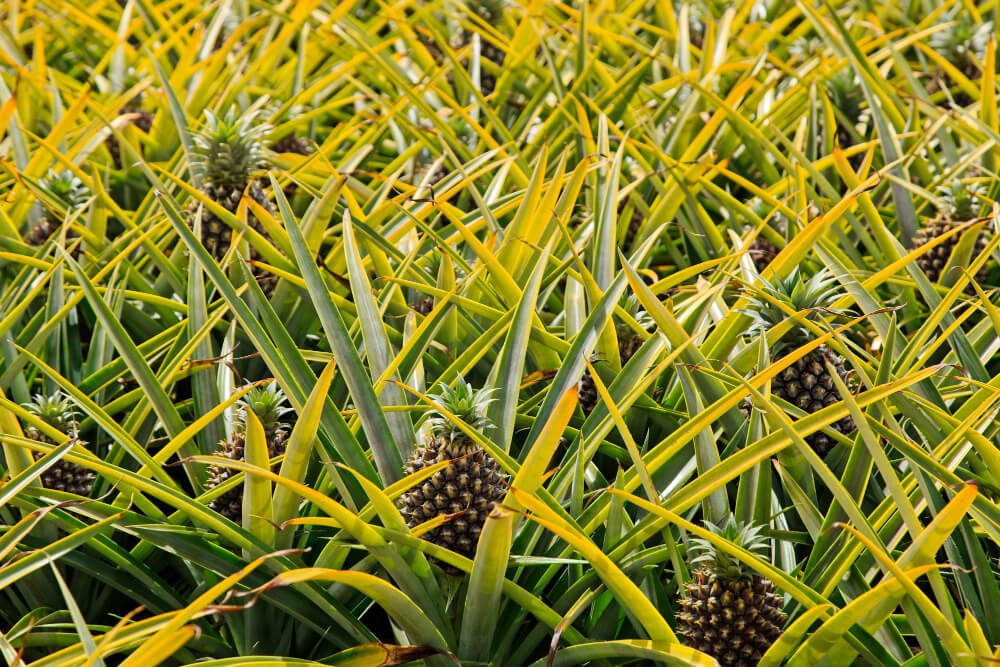
Benin’s pineapple industry is taking a giant leap forward. In a landmark agreement, the Benin Pineapple Exporters Association has joined forces with the country’s largest growers’ federation, bringing more than 2,500 farmers under one unified traceability and sourcing framework. This move promises to elevate fruit quality, strengthen market access and build international confidence in Beninese pineapple.
A United Front for Better Exports
Edouard Choubiyi, President of the Exporters Association, hailed the deal as “good news for the entire sector,” emphasizing the need for collective action to boost Beninese pineapple on global shelves. Under the new system, every pineapple destined for export from member growers must pass through the Exporters Association’s rigorous quality checks. This streamlined approach safeguards consumers and reinforces the reputation of Benin’s produce.
Tackling Malpractice with Transparency
In recent years the pineapple value chain has suffered from illicit practices that undermined quality and trust. Rogue forwarding agents sometimes bypassed certified exporters and delivered substandard fruit to unsuspecting buyers. Choubiyi explained that the agreement “puts a stop to such practices” by formalizing each link in the chain and setting clear accountability. Growers’ cooperatives now work hand in hand with exporters, ensuring every crate meets international standards for taste, size and appearance.
Traceability from Farm to Fork
Traceability lies at the heart of this new framework. Each member grower will receive a unique identifier that tracks their harvest from the field through processing and shipping. This digital record makes it easy to pinpoint any quality issues and respond swiftly. For buyers in Europe and West Africa, traceability means peace of mind and the ability to verify origin, sustainable practices and compliance with phytosanitary requirements.
Strengthening Benin’s Position in West Africa and Beyond
Benin produces roughly 477,000 metric tons of pineapples each year, ranking it among West Africa’s top growers. By improving fruit quality and guaranteeing reliable supply, the country can expand its reach into lucrative European markets and deepen sales within the Economic Community of West African States. Choubiyi noted that the association is already in talks with prospective buyers in the Netherlands and France eager to source traceable Beninese pineapples.
Growth Projections and Industry Support
Analysts forecast pineapple output in Benin to climb to 425,620 metric tons by 2026, a 1.8 percent annual increase. Domestic demand is also set to rise, with consumption expected to hit 372,000 metric tons over the same period. To support this growth, both public and private partners are investing in cold storage facilities and processing plants. These upgrades will enable exporters to diversify into pineapple juice and dried fruit, capturing higher value and reducing post-harvest losses.
A Model for Sustainable Agriculture
Beyond boosting export earnings, the agreement highlights Benin’s commitment to sustainable agriculture. By respecting the role of growers’ cooperatives and providing clear channels for customer feedback, the Exporters Association fosters a culture of continuous improvement. When consumers report concerns about fruit quality or delivery, the association will investigate and implement corrective measures, protecting both brand reputation and growers’ livelihoods.
Looking Ahead
The Exporters Association plans to extend the agreement to even more pineapple farmers across Benin. Training sessions on good agricultural practices, pest management and post-harvest handling will be rolled out in the coming months. As the framework expands, more growers will benefit from stable contracts, access to technical support and higher returns on their harvests.
With stronger coordination, transparent traceability and targeted investments, Benin’s pineapple industry is well positioned to seize new market opportunities. This historic accord marks a turning point for fruit quality and market access, ensuring that the sweet taste of Beninese pineapple delights consumers near and far.
Stay updated with the latest farming tips and agriculture industry news from Africa by subscribing to our newsletter. Don’t miss out on valuable insights and updates. Follow us on Twitter, LinkedIn, and Facebook to join our farming community and stay connected with us.


















